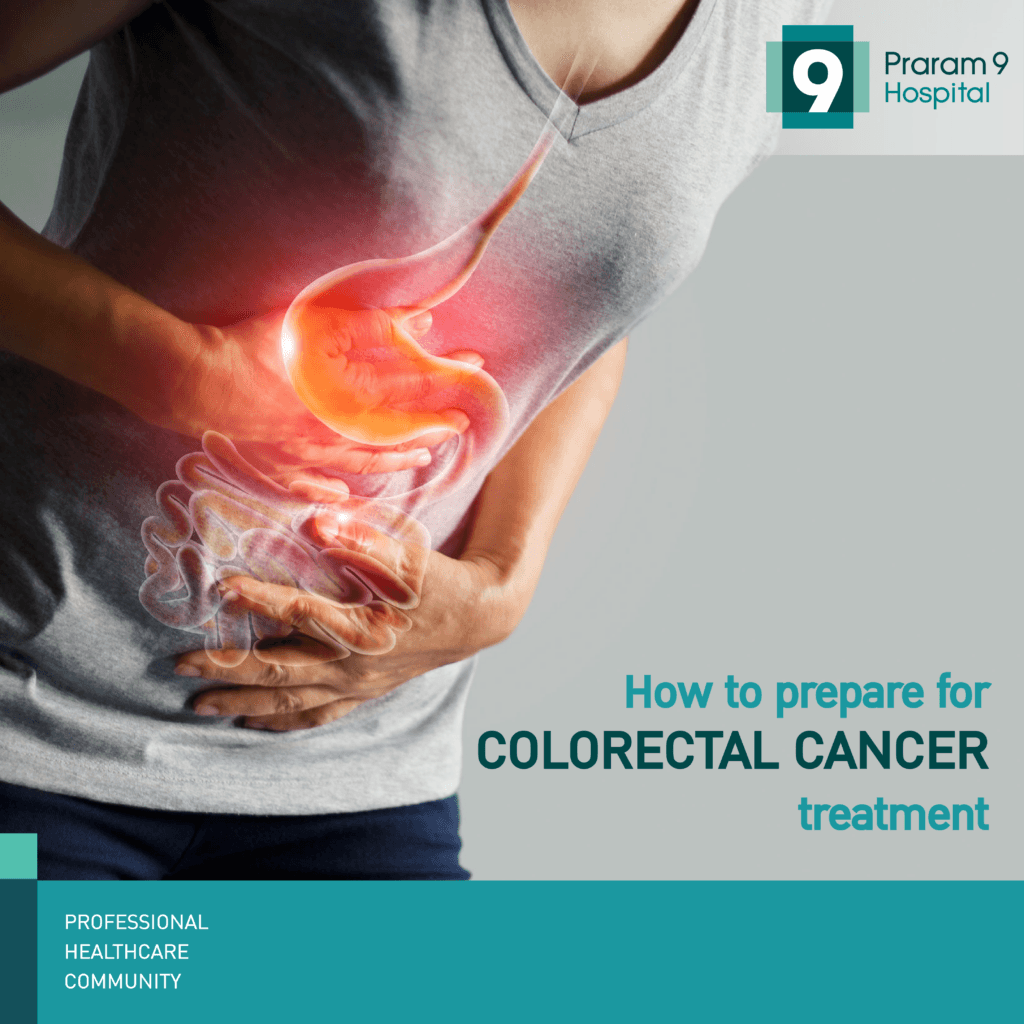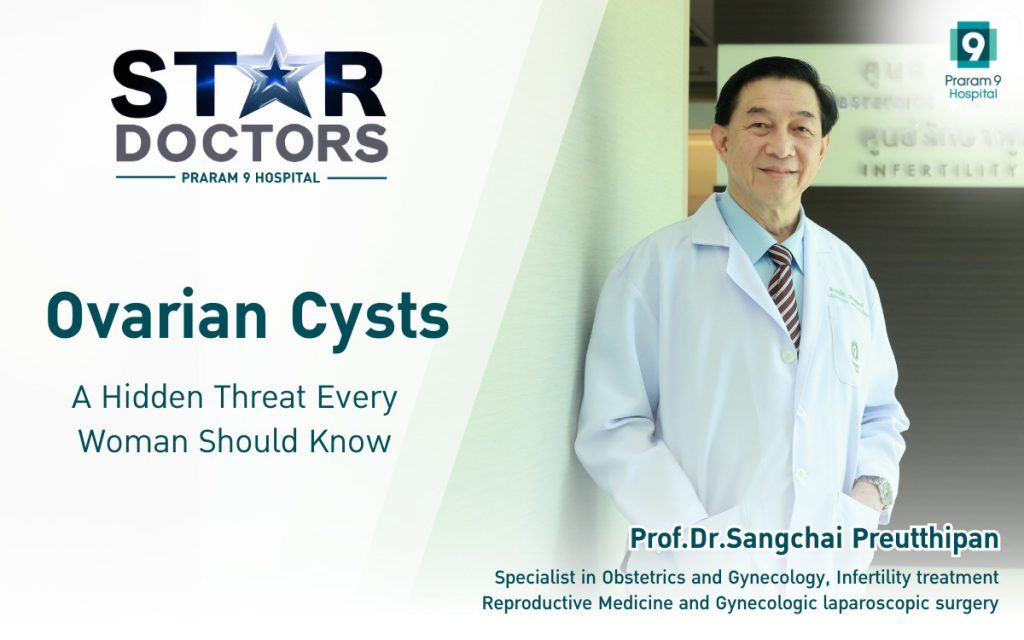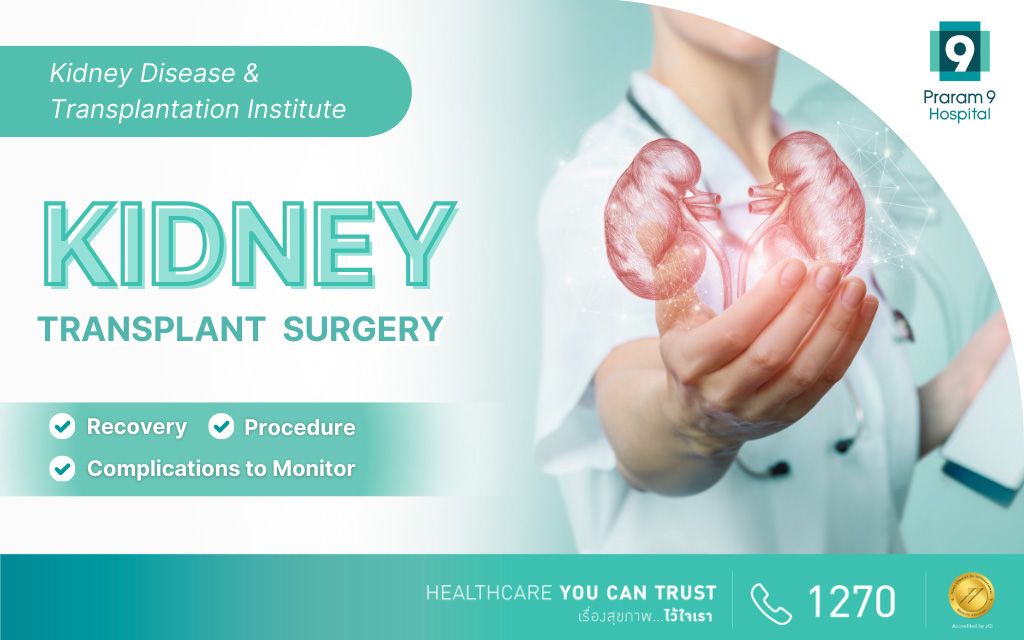Health Articles
Knowledge
How to prepare for colorectal cancer treatment

How to prepare for colorectal cancer treatment
If you are experiencing indigestion, is not about to fully relieve your bowel, frequently having diarrhea, smaller size stool with blood or abnormal tumor extending out of your anus, do not be nonchalant as all these may be signs of colorectal cancer.
Colorectal cancer is quite common and it is the cancer responsible for the third highest mortality rate of all the cancer in the world. Therefore, prevention and treatment methods are the best way to prepare and safeguard yourself against this cancer and in this article, we will provide more information about colorectal cancer detection through the method of colonoscopy.
Treatment aspect of colorectal cancer
In term of treatment for colorectal cancer, everything can be done through colonoscopy, a methods of using fiber optic camera for visual detection that we have explain at length in the other article, such as diagnosis through the camera as well as trimming of the cancerous tumor through the camera itself without the need for abdominal surgery. Furthermore, in case of internal intestinal bleeding, colonoscopy can be use to stop the bleeding via the camera as well.
On a side note, before going for colonoscopy, the doctor will take a survey on your background and family history to check whether your family members or blood relative have had colorectal cancer in the past which is vital in determining your own risk of getting the cancer. As well as performing a body check and inquiring information about personal health condition and any congenital disease for any medication that might slow blood clotting such as aspirin, Plavix or vitamin E supplement, which the patient need to stop taking at least 1 week before the appointment.
How to prepare yourself before the appointment
· Before coming to the doctor appointment, try to consume easy to digest meals and avoid fiber-rich food such as vegetable. Also, drink a lot of water.
· Prepare your bowel by fully relieving of any remaining stool by taking laxative and consume water with some salt in order to help relieve the tiredness.
· Patient should be accompanied by someone; they should drive by themselves.
Symptoms patients might experience after colonoscopy
· Gassy and indigestion
· There might be blood mixes with stool due to any surgical maneuver required to trim the tumor.
· If the patient felt extreme stomach or if there are still blood mixes with stool after a few days, they should contact the doctor as soon as possible.














